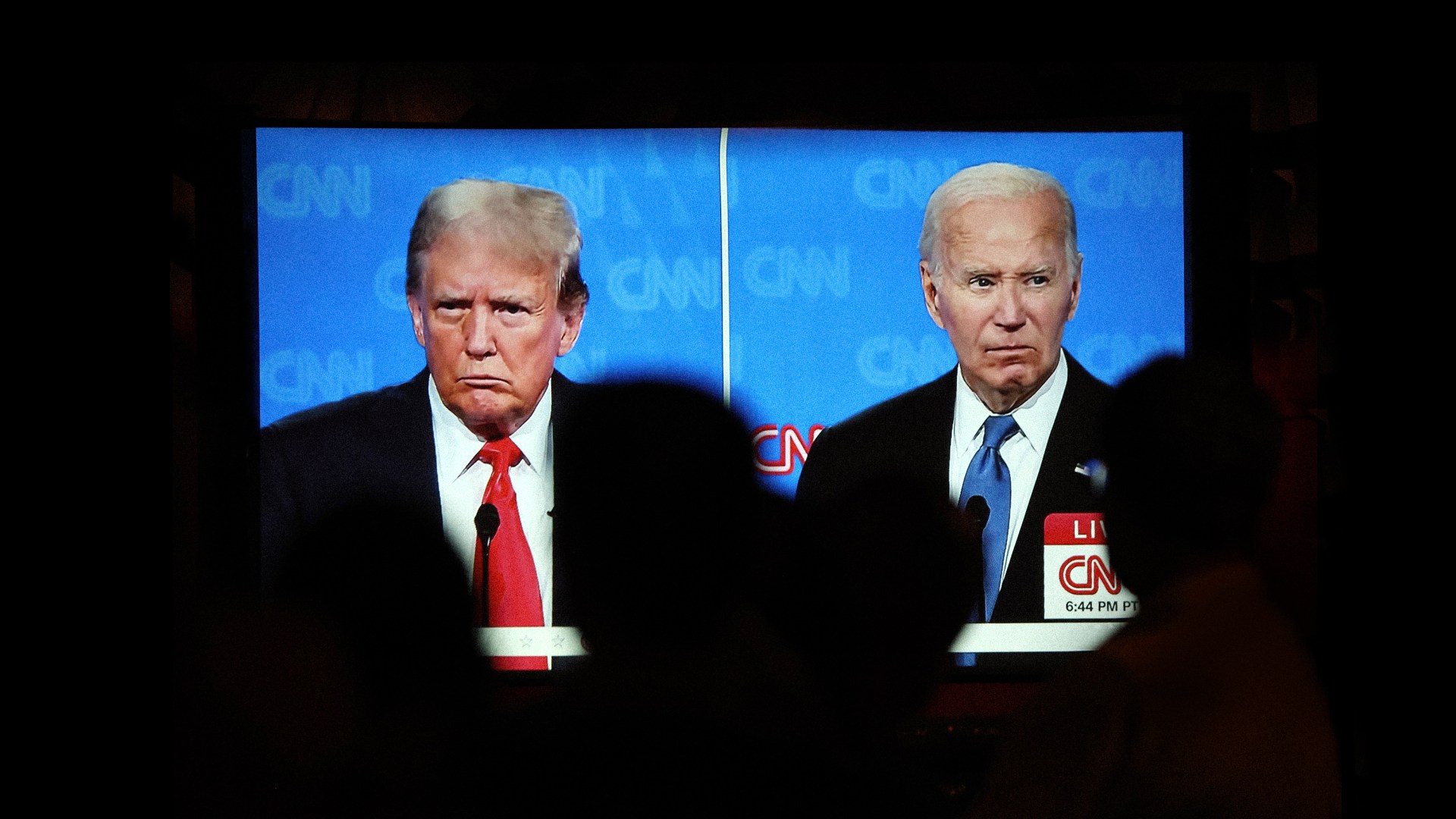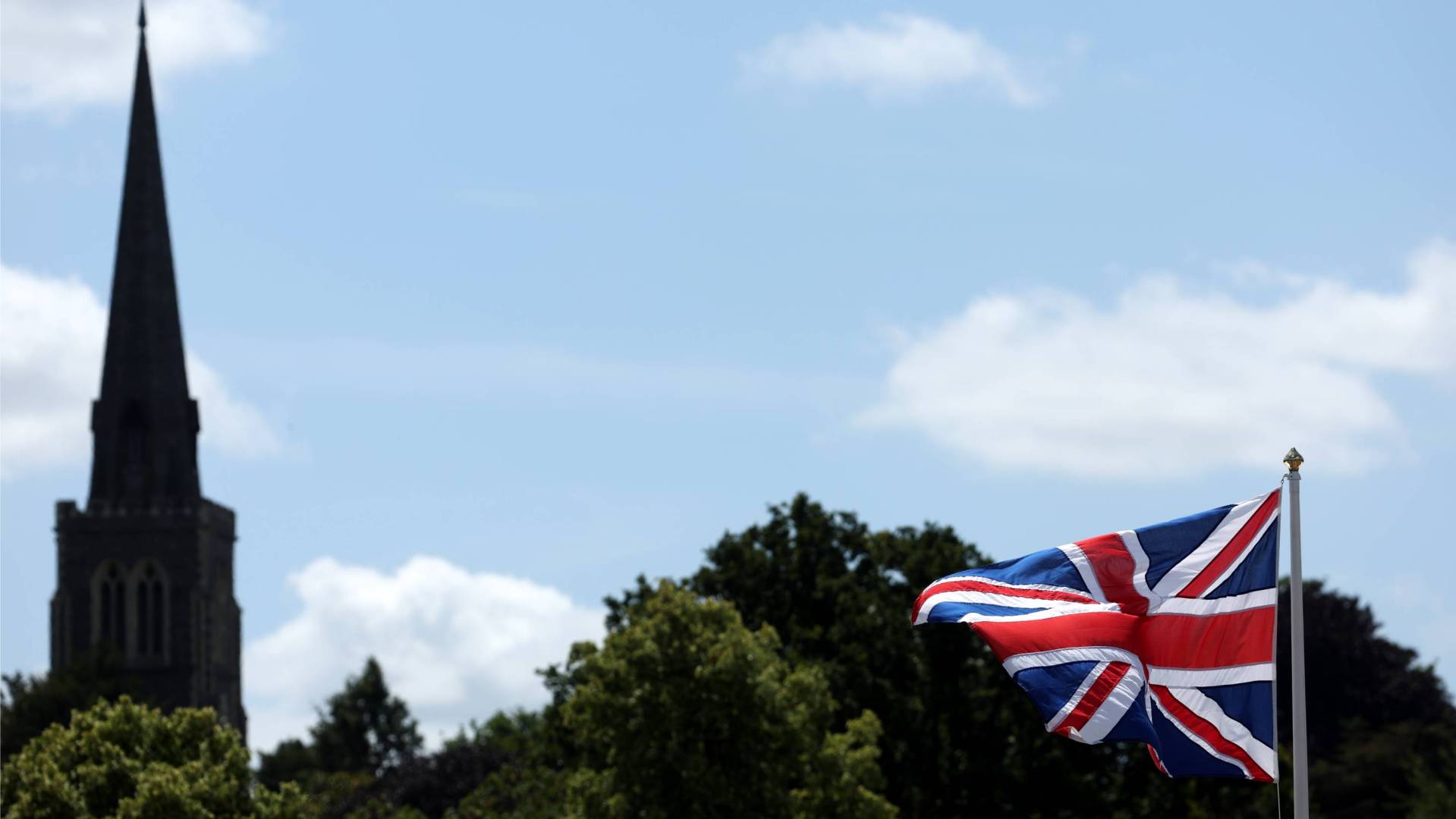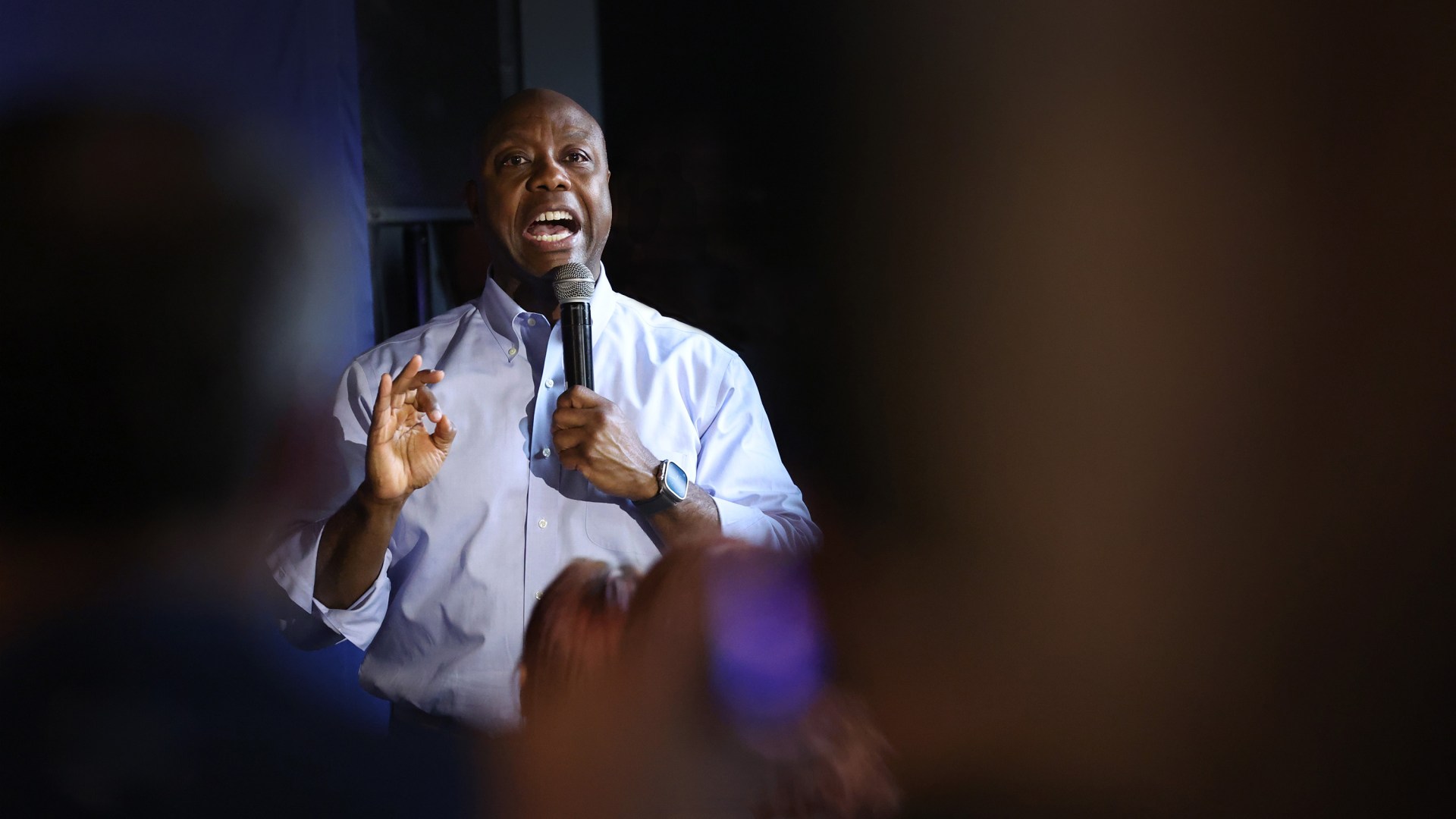Evangelical leaders and politicians offered prayers for former president Donald Trump and thanked God for sparing his life following an apparent assassination attempt at a campaign rally in western Pennsylvania on Saturday.
Thousands of supporters joined a prayer call hosted by America First Policy Institute, hours after a bullet fired toward Trump grazed his right ear while he spoke before a crowd in Butler, Pennsylvania.
“We praise you today that President Trump is gonna be all right,” said Jentezen Franklin, a Georgia pastor who serves as one of Trump’s faith advisors. “We thank you, Lord, that he was wounded but he was not killed. So we thank you that you were there. You preserved his life.”
Franklin has prayed for and encouraged Trump through three campaigns now, commending his leadership and love of America. Franklin’s voice quavered as he described getting the call that “President Trump has been shot.”
“He knows now, like never before, that he is not immortal, that one day he will stand before you in fear and trembling,” Franklin prayed. “God, make him a man on a mission now. Make him a man, oh God, who you have raised up, like you did King David for Israel. Raise this man up for America, to keep us strong and powerful.”
In the comments, supporters added amens and posted Bible verses. One commenter referenced Psalm 91, which is a prayer with themes of divine protection. Another viewer, Ethelene White, wrote, “The angels [encamp] around President Trump and the families of those who passed away and were injured in this process,” a reference to Psalm 34:7.
Americans across the political spectrum condemned the attack—thought to be a possible assassination attempt and consequence of the country’s heated political climate—which killed one attendee and left two more critically injured.
Trump was rushed off the stage by Secret Service personnel, giving his supporters a fist pump as blood flowed down the side of his face.
“God protected President Trump,” Sen. Marco Rubio said on X.
Trump said in an online statement he “knew immediately that something was wrong” when he heard “a whizzing sound, shots, and immediately felt the bullet ripping through the skin.”
A campaign spokesman said soon after the shooting that the former president was “fine” and was with doctors. Secret Service communications chief Anthony Guglielmi said that the suspected shooter “fired multiple shots toward the stage from an elevated position outside of the rally venue.” He said Secret Service personnel “neutralized the shooter, who is now deceased.”
President Joe Biden offered a televised statement, saying, “There’s no place in America for this kind of violence” and “everybody must condemn it.”
The Family Research Council, Focus on the Family, and the Southern Baptist Convention’s policy arm, the Ethics and Religious Liberty Commission (ERLC), all offered statements.
“The reality that this has taken place tonight should bring us to our knees,” ERLC president Brent Leatherwood said.
“We are praying earnestly for Mr. Trump and his family,” Jim Daly, president of Focus on the Family, said in a statement. “It is in no way premature to call for Americans of all ideological perspectives, Republicans and Democrats alike, to commit to bringing greater civility to their advocacy in the public square.”
A nearby Catholic church, All Saints Parish in Butler, had moved its Saturday programming due to road closures during the rally. “There are feelings of fear, hurt, anger, and sorrow in our community right now,” All Saints pastor Kevin Fazio said in a statement Saturday night. “As Christians, we need to remember that during times of darkness, we are called to reflect the light of Christ.”
The Catholic Diocese of Pittsburgh also responded and called for prayer “for an end to this climate of violence in our world.”
Pastors and politicians repeated calls for unity, peace, and healing.
“No matter your politics, please pray for Donald Trump and pray for America,” Rep. Dean Phillips, a Democrat from Minnesota, said.
“Karen and I are praying for President Trump and urge every American to join us,” Trump’s former vice president, Mike Pence, said.
Trump’s daughter, Ivanka Trump, thanked her father’s supporters in a statement that offered a window into how the event had impacted her personally.
“Thank you for your love and prayers for my father and for the other victims of today’s senseless violence in Butler, Pennsylvania,” she wrote. “I continue to pray for our country. I love you Dad, today and always.”
The Trump campaign and the Republican National Committee confirmed in a joint statement that Trump will still be attending the Republican National Convention in Milwaukee next week to officially accept his party’s nomination.









































